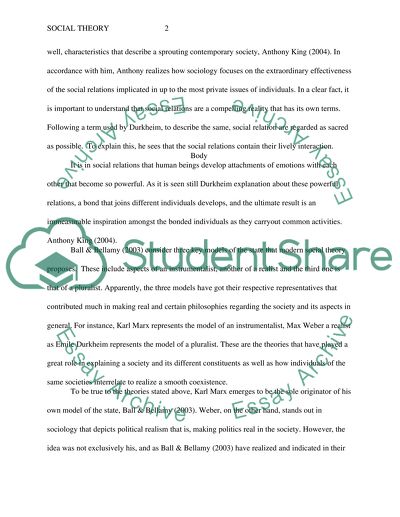Cite this document
(“Weber, Durkheim and Marx Influence on Social Theory Essay”, n.d.)
Retrieved from https://studentshare.org/sociology/1396888-critically-outline-the-ways-in-which-weber
Retrieved from https://studentshare.org/sociology/1396888-critically-outline-the-ways-in-which-weber
(Weber, Durkheim and Marx Influence on Social Theory Essay)
https://studentshare.org/sociology/1396888-critically-outline-the-ways-in-which-weber.
https://studentshare.org/sociology/1396888-critically-outline-the-ways-in-which-weber.
“Weber, Durkheim and Marx Influence on Social Theory Essay”, n.d. https://studentshare.org/sociology/1396888-critically-outline-the-ways-in-which-weber.


